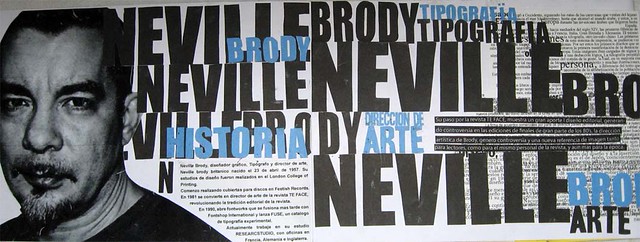
We were in the offices at media city and over lunch Simon got talking about progress. He never said it but I felt this was calling out of previous discussions about human progress.
Then he said…
Deconstructed is the new artisan says @si_lumb, next 5 years look out for it!
— Ian Forrester (@cubicgarden) April 26, 2016
Deconstruction is the new artisan
If you swap the artisan for deconstructed it gets interesting
Deconstructed food
Deconstructed cooking
Deconstructed coffee
Deconstructed tea
Deconstructed media
Deconstructed music
…
So what’s special about deconstruction? Well as most designers know deconstruction is something you are always doing. It drives creativity and performance; but a discussion with simon and roberto boiled down to this thought…
Destruction is the conceptual disassembly of an idea presented in a new realisation… via @si_lumb & @robert0n
— Ian Forrester (@cubicgarden) April 26, 2016
Destruction is the conceptual disassembly of an idea presented in a new realisation.
Realisation can be a product, idea, concept, service, gain, etc. Yes you could call it remix but it’s more… In a recent freakonomics podcast Dubner interviews Ericsson the writer of peak. In the interview he talks about deliberate practice. Deliberate practice being the act of deconstructing what you are doing, why and for a new realisation/direction?
ERICSSON: Well, I think this has to do with the body. If you’re just doing things that feel comfortable and go out and jog, the body basically won’t change. In order to actually change your aerobic ability, people now know that the only way you can do that is if you practice now at a heart rate that is above 70 percent of your maximal heart rate. So it would be maybe around 140 for a young adult. And you have to do that for about 30 minutes at least two or three times a week. If you practice at a lower intensity, the body will actually not develop this difficult, challenging biochemical situation, which will elicit now genes to create physiological adaptations.
DUBNER: Let’s say I’m a crummy piano player, and I want to become a good piano player. For something like that, or for something like writing, or for something like selling insurance, what does it mean to get outside of one’s comfort zone and why does that improve my ability to get good?
ERICSSON: Deliberate practice relies on this fact that if you make errors, you’re going to find ways to eliminate those errors. So if you’re not actually stretching yourself outside of what you already can do, you’re probably not engaging in deliberate practice.
That drive for peak performance no matter how unattainable perfection is; requires people to disassemble or deconstruct what they have done; then rework that part heavily. Out of this comes new insight, ideas and direction. Designers do this all the time, its called the design process.
In the future if its not deconstructed, it won’t be worth considering… Something similar to how artisan is now, but imagine similar in 5 years? Maybe?
